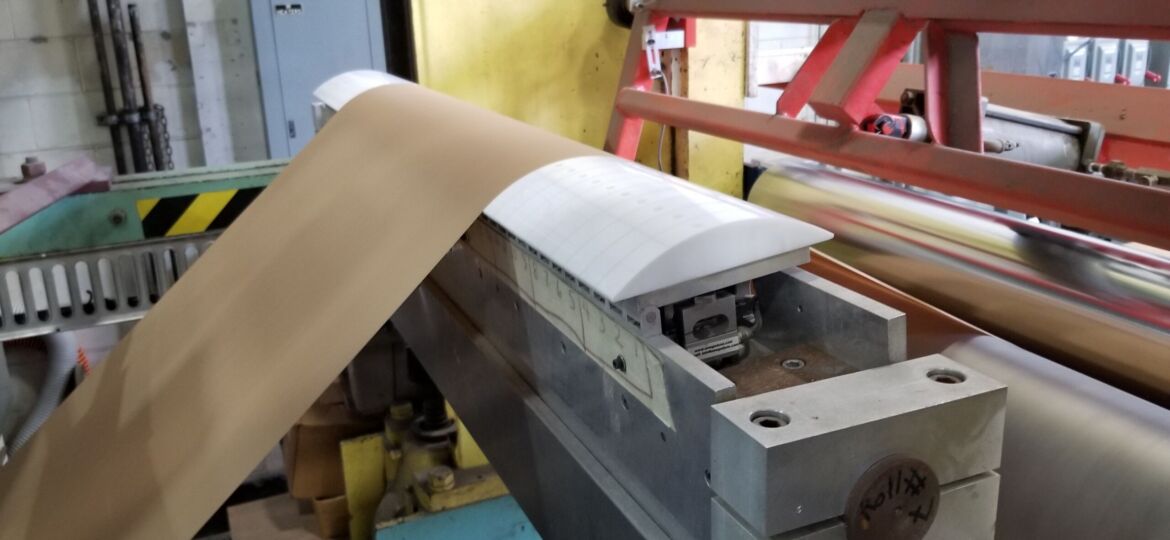In March 2017, Québec’s Ministère des Forêts, de la Faune et des Parcs (MFFP) and Ministère de l’Économie et de l’Innovation (MEI) launched the SM2 Initiative (also referred to as Smart Manufacturing 2.0) to address…
Mills
FPInnovations’ popular Pulp, Paper, and Bioproducts Course took place from October 24 to 28, and this year, participants had the choice of attending in person or online. In total, 36 participants benefitted from the 31…
In March 2017, the Québec Ministère des Ressources naturelles et des Forêts (MRNF) and Ministère de l’Économie, de l’Innovation et de l’Énergie (MEIE) launched the SM2 Initiative (also known as Smart Manufacturing 2.0), a program…
FPInnovations invites mills worldwide to measure and benchmark the quality of their kraft pulp. Benefit from FPInnovations’ expertise in benchmarking (with previous studies conducted in 2003, 2007, 2011, and 2017-2018) and obtain credible independent assessment…
When machines at pulp and paper mills have wet-end runnability issues such as web breaks and non-uniform profiles, this often causes quality and runnability issues at the machine itself and at end-user. To understand the root causes of these problems, it is sometimes necessary to look at the wet-end moisture profile uniformity. To that end, FPInnovations has developed a technique using a portable infra-red (IR) moisture sensor that measures and analyzes moisture profile in cross-direction content at the wet-end of paper, board, or pulp machines.
In Canada, the sawmill industry is a key manufacturing sector in lumber production for Canadian use and export. It must constantly improve its competitiveness through operational control of its activities, especially by maximizing the availability…
The wood products industry has been looking for ways to optimize debarking operations for many years. Higher production speeds lead to higher log volumes being processed by each debarker with little opportunity for operator supervision…
From paper linerboard, and tissue to aluminum foil and plastic films, FPInnovations Roll Testing Facility (RTF) can test any flexible web materials and can troubleshoot roll performance and web handling issues. In 2002, FPInnovations opened the doors to its RTF in Montreal, Quebec to investigate and fix issues such as baggy edge and wrinkles that often the producers themselves were unable to identify the root causes. Almost 20 years and 4,000 rolls later, RTF’s goal remains the same: help producers improve product performance and efficiency in converting and printing operations.
This article was originally published in Canadian Forest Industries Imagine this: a mill connected to an intelligent data tool so powerful that it can predict problems before they are detectable and plan a corrective action….











